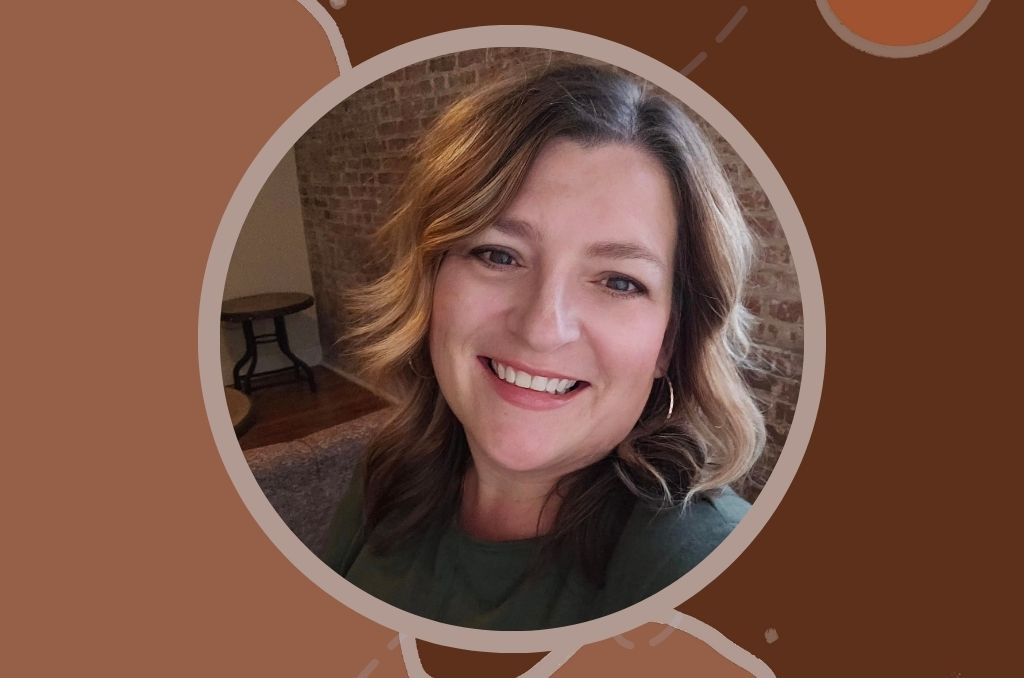Americans across the country are set to celebrate Independence Day on the Fourth of July. But a question that is worth asking is whether women in America are financially independent even after so many years of Independence?
Financial literacy is disturbingly low among female adults in the U.S in general, which also hinders achieving financial independence.
Penny Calling Penny spoke to Kari Lorz, a certified financial education instructor, to understand the importance of financial literacy. She also writes financial blogs for Money for the Mamas and has helped many female adults to overcome financial hurdles and achieve financial independence.
Here are some excerpts from the interview:
Q1) Could give us a little background on yourself, how you started your financial independence journey, and how it’s going for you now?
I started my finance journey as many do – deep in debt and furious at myself. I was a new mom and knew I wanted better for my baby. So I started learning about money in just one hour a day – that was the length of my commute where I’d listen to the Dave Ramsey podcast. I was hooked, and soon I wanted to read about money all the time. I started teaching a short series of finance classes at my 9-5 job and loved helping people. I wanted to help more people, so I started a my site where I could direct those in my classes to learn more.
I am still passionate about learning about money and am working towards financial independence every single day along with my husband and our family.
Q2) Why is financial literacy so important and how does it play an important role in financial independence for women?
Our finances are one of our biggest contributors to our physical and mental stress. We as a society are constantly worried about affording our bills and all the little extras that bring us happiness. If we learn about money, demystify it, and learn to manage it better, we can eliminate a significant amount of stress from our day-to-day living. I think everyone wants a more stress-free life, and learning about money is a very tactical way to do just that.
Q3) What misconceptions related to finance did you face when you started your financial independence journey?
The #1 misconception is that money is too complicating and overwhelming to learn how to manage properly. Don’t get me wrong; it is a big topic. You need to focus on one aspect at a time, learn it, implement it, spend a few months tweaking it, and then move on to the next topic.
Learning about money isn’t taught in schools; we learn from those around us, and they could be bad with money, so we pick up their habits and attitudes. So it’s no wonder that people are wary of it. But just starting with reading one article a day is a great beginning. I started my journey by listening to one Dave Ramsey podcast episode a day while driving to work.
For anyone just starting their journey, learning how to write an effective monthly budget should be their first priority. Without learning to spend less than you make, none of the other financial principles and processes will work.
Related Article – Tips to Be Financially Successful – A True Wealth Booster
Q4) Very few women get acquainted with financial management at the start of their careers. Could you share a few tips that would help women start their investment journey?
People always think, “Oh, investing, I’ll have time to start that later on.” And they keep pushing it back and back. That’s the biggest mistake you can make financially, like compound interest (growth over a long amount of time) is your best friend when it comes to investing.
Start with contributing the amount to get your full company match (in your workplace retirement program). If your company doesn’t offer one, then open an IRA (Vanguard is a good choice), and just start by contributing 5% of your monthly take-home pay.
When thinking about an investment strategy you’ll want to think about, how much you want to be involved. If investing is your new favorite thing, then, by all means, go read all the books, follow all the gurus, and pick a very hands-on (i.e., trade-heavy) approach.
Yet, for myself, I prefer a more hands-off approach. I want to invest regularly with automatic contributions to funds I’ve picked out that aren’t flashy or sexy. When it comes to investing, boring is good. I want to own a fund over the long haul (i.e., 25 years) and match the market growth as a whole. I’ll spend maybe an hour rebalancing my funds once a year, and I’m good.
I mostly follow the advice in JL Collins’ book, The Simple Path to Wealth. It’s easy, and straightforward, and it makes long-term sense.
Related Article – 8 Ways to Create Victorious Single Mom Budget
Q5) How important is it to make long-term financial goals and how does it help to achieve financial independence?
Having long-term goals is key to giving your goals a visual context (even if it’s just in your own brain). Are you going to actively save money each and every month into “Account: 54783-90” or are you more likely to stick with your savings goals when it’s “My beach cottage dream home savings fund”?
You know the answer to this; you will actively save and keep on track with the goals that you are emotionally invested in.
Whether it be positive or fear-based (i.e., emergency fund to avoid losing your home, your car, and not being able to take care of your family).
Write out all your financial hopes, dreams, and goals, and start narrowing them down to your top three. Then give them a timeline, a dollar amount, and action steps & milestones to help keep you on track.
Q6) In your opinion, what are the different useful perspectives in money discussion that women bring to the table which men miss very often and that can be very useful?
Women tend to be more end-result based than men in many areas. For example, with money, women want more money so they can send their kids to a good school, buy organic food for the family, build great memories by going on vacation, and have a hefty emergency fund so they won’t ever lose their home. Having “security” is very important to women.
While men are traditionally more action-based. For example, “I made this money move which netted me 32% profit.” Now, I’m not saying that all men and women fit into these stereotypes, but a good portion trend that way.
Women can learn from men that you can have fun with money (a little bit of fun at least) and not take it so seriously. While men can learn from women that achievement for achievement’s sake can be short-lived, which leaves you looking for more.
A healthy balance between the two sides makes for a healthy attitude toward spending/saving and earning.
Q7) Should a stay-at-home parent or working woman open their individual accounts after marriage?
Absolutely! You should have a joint account for which all bills are paid out and joint spending accounts (i.e., sinking funds for vacation, home repairs, car repairs, etc.).
Then both spouses should have individual savings accounts. This is so if they want to splurge on their favorite hobby, they can; the money is right there. No need to ask for permission (and feel like a kid), or feel guilty about the purchase. It’s your money, and it’s for you to spend how you want.
As a reference, my family follows a pay yourself first model, so we save before anything else. Once we get paid, 5% of each of our take-home pay goes into our own savings account. (These savings accounts are in addition to our retirement accounts).
Another smart move is to open a spousal IRA, so that the a stay-at-home parent can continue to grow retirement savings while being at home.
Q8) Usually women live 6 to 8 years longer than men, on average. How can women make retirement savings a more pleasant experience?
Yes, women have to save more, and at a greater rate than men, as women typically earn less than their male counterparts. So we need to give up more to savings to keep on an even spending field. It’s not fair, but it’s the reality we’re living in now.
The best thing you can do is to make sure you have a healthy mindset when it comes to your finances, especially savings. If you resent saving and feel that it’s draining all the fun from your life right now, then you’re not going to save very much. You’ll feel guilty about not saving and maybe even dreading the future. There’s the “I’m going to work until I die” mindset that’s so common.
Yet, if you want to set money aside so you can ENJOY all the opportunities that come your way later. Like travel, buying gifts for your grandchildren during the holidays, etc. Being able to live a life where you are in control of your time and energy. That will help ease the sting of having $200 less a month to spend on fun things.
Your money mindset can be your biggest cheerleader or your more feared opponent. It’s up to you to decide which one it will be. I know that changing your money mindset (scarcity vs. abundant) isn’t comfortable or easy, but it will have such a dramatic impact on your life. Start working on his today.
Check out more information on Kari Lorz here. You can reach out to her through mail: kari@moneyforthemamas.com
If you like this interview, then do not forget to sign up for our newsletter. We’ll send you more tips on how to achieve financial freedom and money-saving tips straight into your inbox.










